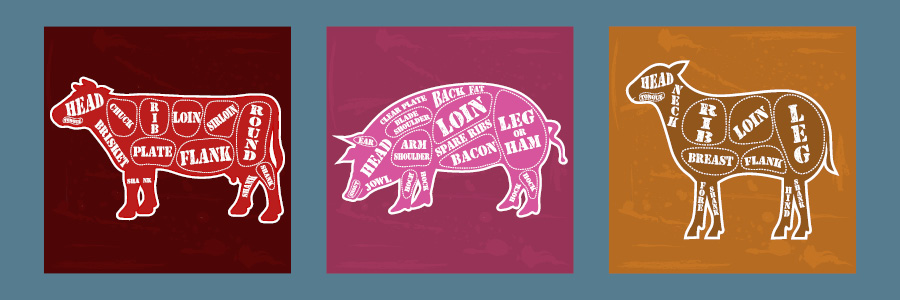
Committee: Economic Affairs Interim Committee
Author: Pat Murdo
Posted on February 15, 2018

The Legislature’s Economic Affairs Interim Committee at its Feb. 7 meeting responded to diverse discussions--one on meat processing inspections and the other on liquor auctions--by voting to send letters voicing concerns about each activity. The committee also met as a subcommittee on Feb. 8 to discuss the future of Montana State Fund, the state’s largest supplier of workers’ compensation coverage.
On the meat inspection issue, the committee asked that the U.S. Department of Agriculture’s inspector general act on a request by Montana’s congressional delegation for an external investigation. The committee referenced a newspaper report on some federal meat inspectors’ activities that appeared to target certain meat processors. The committee’s letter asked for an apology, at a minimum, if wrongdoing is found.
The letter to the Department of Revenue expressed concern that the new liquor license auction process began before the public could comment on proposed rules. The committee asked that the department not issue auctioned licenses until after adopting rules. The committee also voted to revisit Senate Bill 5 from the November 2017 special session to address auctioned license transfers and gambling restrictions via a committee bill in 2019.
The committee also heard:
Unrelated to the letter to the inspector general was a presentation about the federal government’s responsibility to determine that state meat inspections are equal to or stricter than federal inspections. Ron Eckel said his federal investigations and audit office found deficiencies during an on-site review of Montana’s state meat inspectors last year; the office plans to review revised processes, which included staff training, in late May or June. Although not the focus of the review, the state’s jerky processors experienced collateral damage by having to temporarily suspend operations because the deficiencies were found during jerky plant inspections. The incident led to Board of Livestock members and meat processors meeting to improve appeals processes and communication.
For the Senate Joint Resolution 27 study, the committee heard about potential impacts from privatization or dissolution of Montana State Fund on state government, state pension funds, state employees, and Montana State Fund itself. The committee also heard about litigation involving Montana State Fund and court decisions in states that had turned state funds into insurers owned by policyholders or sold their state fund to an insurer.
The committee also heard from Department of Labor and Industry staff on:
The committee will meet next on April 26, with a subcommittee meeting on Montana State Fund on April 27.
For information about the Economic Affairs Interim Committee, visit the committee website or contact Pat Murdo, committee staff.
Committee Website: leg.mt.gov/eaic
Committee Staff: pmurdo@mt.gov or 406-444-3594